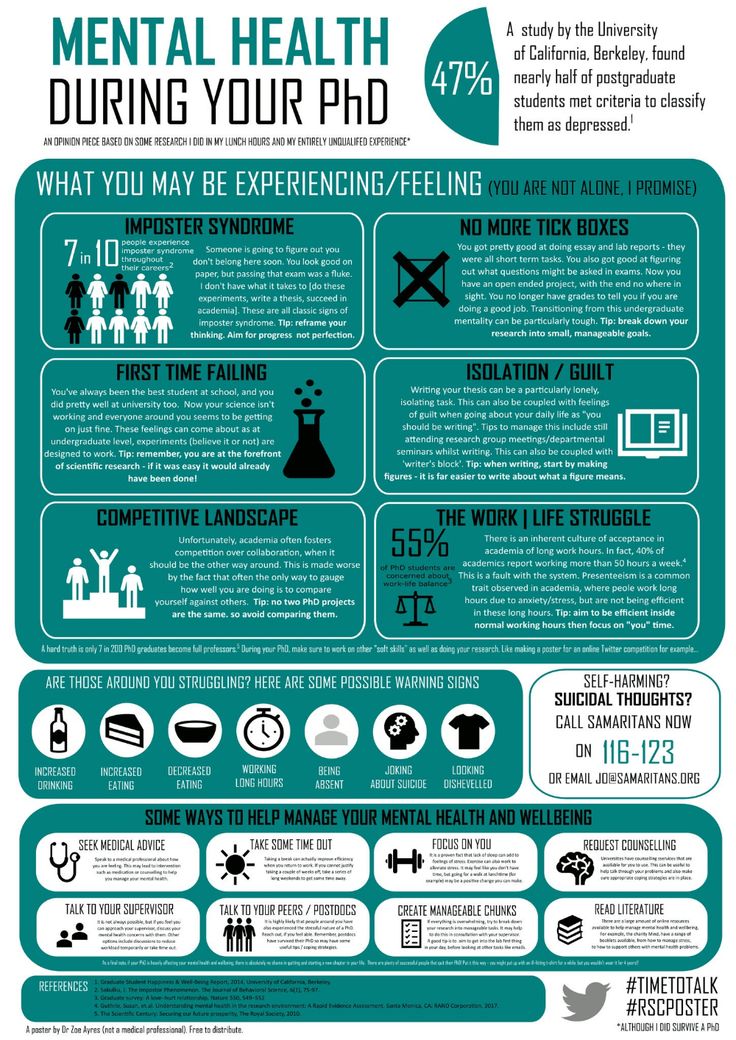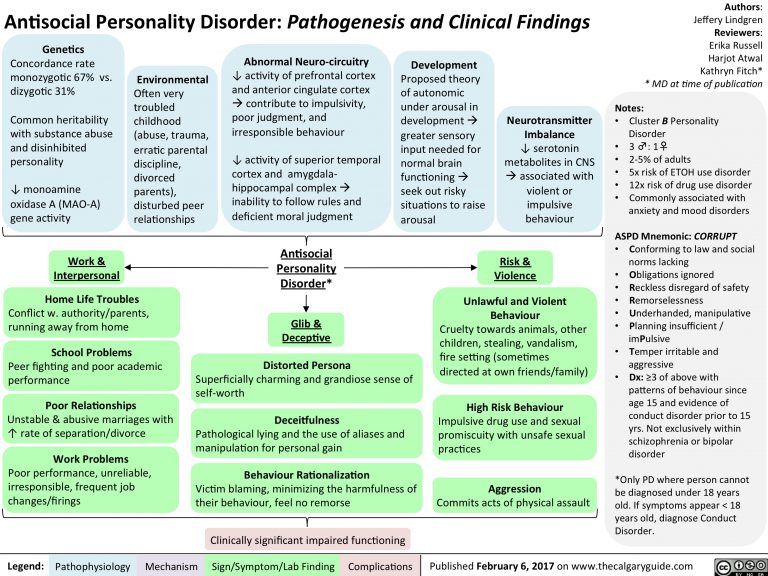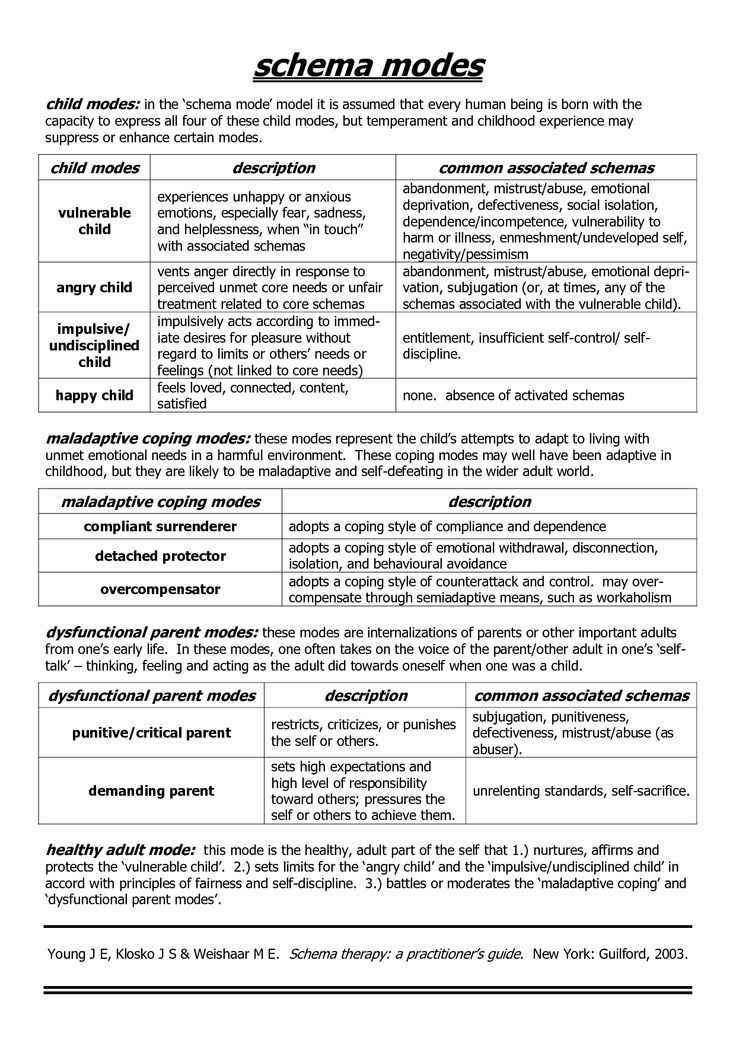After 25 years of marriage what am i entitled to
Am I Entitled to Half of Everything in a Divorce?
Getting a divorce is never easy, and couples who are separating may experience stress while wondering how their assets will be split. In Ohio, marital property can be divided equally if both parties contributed an equal amount of property or assets.
You’re entitled to half of everything in your divorce, but it’s up to you and your spouse to work together on listing out what you want to divide.
Dividing Property
During a divorce, you will have the opportunity to come to an agreement and split your assets. If you and your spouse want to divide your property, you can write a separation agreement, which outlines how you want your property divided between you two.
However, if you can’t agree on what to split, the court will divide your assets based on equitable distribution. This means the court will determine what is a fair split of your assets and may not always result in a 50/50 split. If the court takes control over making the decision for how your property is distributed, your assets will fall under marital property or separate property.
Marital Property
In the event that you and your spouse can’t agree on how you want to divide your property, you will need to let the court know what assets you have together and how much there is.
If you and your spouse were married for at least 25 years, which is considered a long-term marriage, the court can categorize your property as marital property even if you had it before you got married and brought it into the marriage.
Marital property can include:
Personal property you obtained while you were married.
The income you made while you were married.
Retirement benefits that you acquired while you were married.

Putting a value on your marital property is a challenging process, but an experienced attorney can help you find the value of your property.
Separate Property
Separate, or nonmarital, property is considered to be anything you owned before you got married. If your marriage was short and lasted less than five years, any property you and your spouse had before you were married will go back to you after your divorce.
Separate property can include:
An investment property you bought before the marriage.
Any property you bought after a legal separation.
A gift that was only given to you that wasn’t intended for you to share with your spouse.
Once you are divorced, your separate property remains separate as long as your spouse can’t prove they’re entitled to half.
Get Help From a Columbus Attorney
If you’re thinking about getting a divorce or writing a separation agreement with your spouse, our attorneys at Law Offices of William L. Geary can help you evaluate your assets.
Contact us at (614) 289-1227 to schedule a consultation.
Divorce After 20 Years of Marriage or More
- Divorce after 20 years or more is a complex undertaking with a lot at stake.
- There's very little guidance on how things should be divided and decided and both family and financial dynamics will play key roles in how you move forward.
- Here's what you can do to understand the issues you'll be facing and plan a smart course of action to preserve wealth and minimize legal bills if you're divorcing after 20 years or more.
If you've decided to divorce after 20 years or longer, you're probably feeling very alone. Like you're the only couple in the world facing divorce after 50.
But despite what you hear about the falling rate of divorce proceedings, getting divorced after 20 years of marriage - even after 25 and 30 years for that matter, is not only common these days, but it's on the rise.
According to Bowling Green University's National Center for Family & Marriage Research, from 1990 to 2019, divorce rates increased for married couples age 45 and older. So has the divorce rate for the 65 and older population!
There are many reasons for a divorce at midlife - which is also referred to as gray divorce.
But regardless of why older couples are choosing to divorce after staying together for so many years, it’s important to understand that divorce in a long term marriage is markedly different and much more complicated than divorce after short term marriages or divorce after 10 years.
Let's take a closer look at how divorcing after 20 years of marriage (or more) can impact the specific financial, emotional, and parental issues you'll face as you go through your divorce.
Divorce After 20 Years of Marriage
There are significant personal and parental challenges that come with a divorce after 20 years. Not to mention issues a couple might face concerning financial topics like child support and alimony.
How your children will take the news of your divorce:
If you and your spouse are divorcing after 50, chances are good you have teenage children. And you might have been wanting to file for divorce for quite some time, but deliberately waited until the kids were older to minimize the disruption to their lives.
The teenage years are unique in a child’s development because, in this stage, the child is discovering his/her own identity. And the focus of their life is no longer on the home and parents, but on school, peers and independence.
But that being said, adolescents are very aware of what’s going on in their parents’ lives - especially since recent pandemic stay-at-home orders have allowed them to see you both "up close and personal" - and they can be very critical about the situation.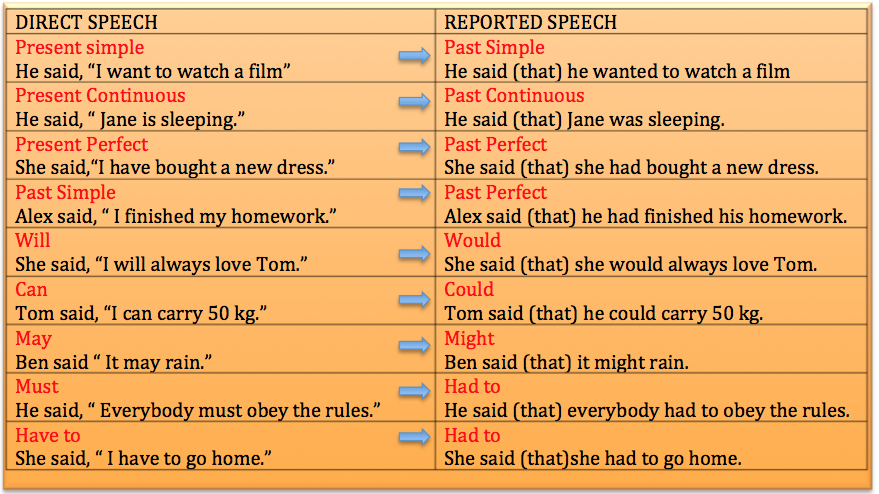
Most of the time, they will not accept divorce as an answer and their reaction to your divorce after 20 years is likely to be less than favorable.
In fact, it might be downright hostile. And they have the vocabulary (and technology) to tell you exactly how they feel.
It will be important for you to be aware of this so you can help your kids cope with the divorce.
Making ends meet after your divorce case is final:
Divorce only creates expense, not income. And it goes without saying that two households are more expensive to run than one.
So if your role in the marriage was to work inside the home and raise the children, and your kids are still in high school, your job isn't finished yet. Plus, you've been out of the workforce for many years.
Divorce for a stay-at-home mom or dad has its own set of challenges and it can be difficult (or take a while) for you to get a good job to increase income and help make ends meet after the divorce.
Because alimony alone simply may not be enough.
People Who Prepare Do Better in Divorce!
What to do with your marital home:
If you have teenagers, you might want to keep the house for the sake of the children to minimize the upheaval the divorce will have on their family life and schoolwork.
But since the house is often the most significant marital asset a couple owns, if that's the case, it means you need to figure out how to financially support two separate households with one spouse staying in the marital home while the other finds another place to live.
Unless, of course, you decide to both remain in the marital home for some time after your divorce. And that comes with its own unique set of challenges.
Your divorce parenting plan:
The teenage years are when kids need both parents the most, even though they insist they don't need them at all.
So if you're divorcing after 20 years of marriage and one of you moves out of the marital home, it could make keeping an eye on your kids to make sure they're not getting into trouble more challenging.
Teenagers are very good at sneaking around, and enforcing rules and maintaining a united front as parents when divorcing after 20 years may become even more difficult when you're no longer living in the same house.
Child Support, Alimony and the 20 Year Marriage
In addition to the personal challenges you face when divorcing after 20 years of marriage, there can also be other problems you're not even aware of.
For example, when it comes to determining child support for teenagers, some states allow for a much higher child support award to be granted than for younger children.
Then there's what happens to alimony (also known as maintenance or spousal support in some states).
For example, recent alimony reform in New Jersey has a provision that states for marriages that last 20 years or less, the length of alimony payments cannot exceed the length of the marriage unless a judge decides there are exceptional circumstances.
So in the past, a former spouse who got divorced after a 20 years marriage might have been eligible to receive permanent alimony if they were the lower earning spouse.
 But today, there are no guarantees and your financial future might not be as secure as you'd like to think.
But today, there are no guarantees and your financial future might not be as secure as you'd like to think.Starting to see why divorce after 20 year marriage is so complex?
Divorcing After 25 Years of Marriage
Much like divorce after 20 years, marriages ending after 25 years will center around issues related to children and finances.
Divorce after 25 years most likely means at least one of your children is in college. Which means once again, you might be wrestling with what to do with your marital home.
If you're facing divorce as an empty nester, you'll need to ask yourself how important it is for your kids to return to the house they grew up in on holidays and school breaks. Or if it's ok to sell the house now since the kids are primarily living at school for most of the year. You may also need to strongly consider the distinct possibility of them "boomeranging" back home once they've graduated!
Then there's the issue of the equity in the home. When divorcing after 25 years of marriage, there's a good chance your house is fully or almost paid off. And that means one of two things.
When divorcing after 25 years of marriage, there's a good chance your house is fully or almost paid off. And that means one of two things.
Either:
- One of you is going to have to procure a hefty mortgage to buy the other party out of their share of the equity in the home; or
- You'll each walk away with a nice chunk of equity to put down on a place of your own after the divorce process is finished.
In both of these cases, if you're the spouse who worked inside the home raising the children, getting approved for a mortgage without an income history is going to be tough.
So regardless of whether or not you want to buy your spouse out of the marital home, or prefer to buy a place of your own, doing so may prove challenging.
Child Support, Alimony and the 25 Year Marriage
Then there's the issue of your collective financial futures.
You and your spouse are most likely in your 50's. And if your role was to raise the children, you've probably been out of the workforce for many years. Even if you got a job when they graduated from high school just to keep yourself busy, it's unlikely the pay is enough for you to support yourself solely on what you take home.
Even if you got a job when they graduated from high school just to keep yourself busy, it's unlikely the pay is enough for you to support yourself solely on what you take home.
So again, alimony is going to come into play.
But some states are now moving towards terminating the payment of alimony upon retirement of the paying spouse (usually age 67). That means even when divorcing after 25 years of marriage, you may only be receiving alimony for a few years.
And it might not be enough time for you to get back on your feet and establish your own separate life.
On the flip side, there are still states which allow for what's commonly referred to as "permanent alimony." Meaning in long-term marriages, alimony payments will terminate when either the recipient spouse gets remarried or one of you is no longer on this earth.
Let's say you got married in your early 20's, which is pretty common for our Illinois clients, and you're now getting a divorce after 25 years of marriage. That puts you and your spouse in your late 40's or early 50's.
That puts you and your spouse in your late 40's or early 50's.
There's now a very good chance that one of you could be paying alimony for longer than you were married.
Another interesting development is in the area of who pays for college when parents divorce after 25 years.
Couples are often surprised to find out that if they remain married, they'd have no formal obligation to pay for their children's college education. Even though they may choose to do so on their own.
But when they get divorced after 25 years, in some states like Illinois and New Jersey, suddenly they are required to pay for college!
Making the negotiation of property division (handled through the equitable distribution or community property process depending on where you live), especially critical.
Divorce After 30 Years - What to Expect:
If you're facing legal separation or divorce after 30 years, there's an excellent chance your children are grown.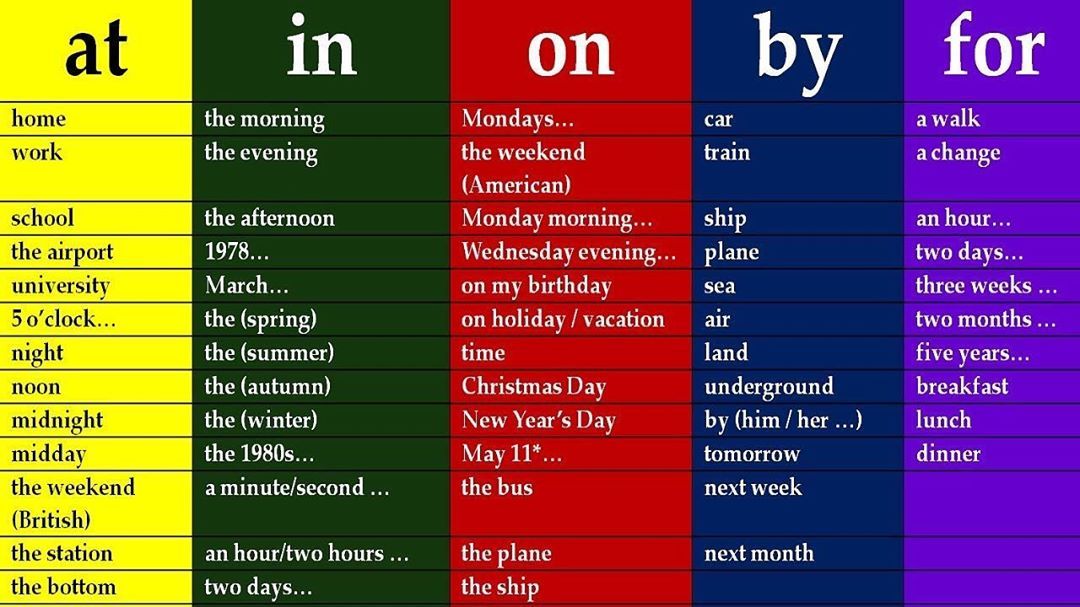 So while you might not have to worry about things like child custody, child support or visitation schedules, your adult children will still be affected by your divorce, so don't assume they won't!
So while you might not have to worry about things like child custody, child support or visitation schedules, your adult children will still be affected by your divorce, so don't assume they won't!
Plus, there are a whole host of new issues that you'll have to face.
Retirement:
After your retirement accounts have been divided, whatever you’re left with following your divorce after 30 years of marriage may simply not be enough to financially support yourself into your golden years.
And if your spouse was the one managing the household finances, you may also need to find someone to take over that role.
Not to mention because you’re divorcing over 50, you have a shorter period to build your retirement savings back up. Especially if you're the one paying alimony.
On the other hand, if you’ve been out of the workforce for many years, you also may not have time to establish a new career that will enable you to put away enough money for your future.
You may need to lower your lifestyle and even consider moving to an area with a lower cost of living.
Health Insurance:
If you're divorcing after 30 years, you might be in your late 50's to early 60's. And still not old enough to qualify for Medicare. If that's the case, you'll need to procure your own health insurance.
If you're currently employed outside the home, and you've got a job that provides benefits, you're set.
But if you were the spouse who worked inside the home, and you've been covered by your husband or wife's policy, you'll need to seek out your own coverage. Your options are to either continue on your ex's plan through COBRA for up to 36 months or choose a provider on the health insurance marketplace.
Either way, given the skyrocketing cost of premiums, affordable health care coverage will be a real challenge.
Family Dynamics:
Things will change significantly when your relationship ends in divorce after 30 years of marriage.
Divorce after 30 years means the matriarch and patriarch of the family will be living separately after many years of sharing a home, which means that holidays and get-togethers will most likely change.
You or your spouse might move in with your children.
Or your children or even grandchildren may move in with you, their newly divorced grandma or grandpa.
Regardless of how everything plays out when the dust settles, there’s a good chance that the dynamics of your family will have a new look. And getting everyone to accept that and operate as a "detached family unit" may be a bit bumpy at least at first.
Caregiving:
When getting a divorce after 30 years, and your spouse is no longer by your side, who will care for you as you age? You may be able to take care of yourself just fine right now, but what about in 10, 15, or 20 years?
Will you remarry?
Will your children step up?
Or, will you have to set aside finances to pay for caregiving expenses when the time comes?
These are big issues both you and your spouse will need to wrestle with. And none of them have easy answers.
And none of them have easy answers.
With Some Careful Planning, Divorce After 50 Can Be Wonderful!
No matter how old you are, divorce will impact you financially, emotionally, parentally, and in just about every other aspect of your life.
But while divorce after 50 will mark the end of one part of your life, it can be the start of a whole new beginning.
The key is to take the time upfront to do everything you can to prepare for divorce and plan a course of action before filing divorce papers.
You'll increase your ability to end your marriage peacefully out of court using divorce mediation and get through this difficult time in your life in the healthiest possible way. So you can heal, move forward and create a happy and financially secure future.
Planning for a Divorce?
Other Useful Resources:
- Facing a Gray Divorce? Watch Out for These Critical Issues
- Divorce Mediation vs Collaborative Process
- Learn the 10 Biggest Divorce Mediation Benefits
- How to Get a Fair Divorce Settlement
SC explained how to calculate the terms for the division of common property in a divorce
Konstantin Zavrazhin / RG
The procedure for the division of jointly acquired property by former spouses has never been a quick and easy process from all points of view. These are, as a rule, long-term, financially costly and nerve-wracking processes. After all, when dividing their common property, citizens go to court only if they themselves and without outsiders could not divide cars, apartments and other belongings, up to spoons, forks and pets.
These are, as a rule, long-term, financially costly and nerve-wracking processes. After all, when dividing their common property, citizens go to court only if they themselves and without outsiders could not divide cars, apartments and other belongings, up to spoons, forks and pets.
Everyman knows exactly the general rule: the law gives ex-spouses three years to divide the jointly acquired property. But when to start counting this three-year period - from the day of the divorce or from the moment when the rights of the other spouse were violated?
In one of the cases considered by the Judicial Collegium for Civil Cases of the Supreme Court, the lower courts could not decide how to correctly calculate the limitation period in such disputes.
As a result, the high court explained in what cases it is possible to take away your property acquired in marriage, even many years after the very fact of a divorce.
Legal aspects of family life are analyzed by experts of "RG" under the heading "Legal consultation"
Our heroes from the Krasnodar Territory have been married for more than ten years. They managed to build a house during this time. Later, when filing a divorce, they did not share the common property - that same house. And they parted like this - in the house built over the years of marriage, the ex-husband remained to live. His ex-wife did not object to this fact. But she did not give up her ownership of this house.
They managed to build a house during this time. Later, when filing a divorce, they did not share the common property - that same house. And they parted like this - in the house built over the years of marriage, the ex-husband remained to live. His ex-wife did not object to this fact. But she did not give up her ownership of this house.
And then the following happened: a year after the divorce, the man entered into a new marriage. In this marriage, he had two children. The man died six years later. And the heirs began to divide his property. Including the house in which they lived.
The heirs decided that the house should go to his widow, his mother and two sons in equal shares. It was then that a woman appeared, whom everyone forgot about - the first wife of the deceased. She claimed her rights to the house, which she and her husband did not share during the divorce.
The first wife filed a lawsuit with the district court and demanded that she be recognized as the owner of half of the house. In her lawsuit, the second family of the man was listed as the defendant. In court, the main argument of the defendants sounded like this - the limitation period for claiming his part of the house by the first wife had already passed. And seven years after the divorce, it is too late to remember the division of property.
In her lawsuit, the second family of the man was listed as the defendant. In court, the main argument of the defendants sounded like this - the limitation period for claiming his part of the house by the first wife had already passed. And seven years after the divorce, it is too late to remember the division of property.
The Krasnodar District Court, after hearing all the parties, satisfied the claim of the first wife, awarding her half of this house.
The defendants appealed this decision. And the appeal - the regional court - agreed with them, taking the side of the members of the second family of the man. The second instance stated that, according to the Family Code (Article 38), three years are allotted for the division of the common property of the spouses. And this time must be calculated from the moment of the official dissolution of the marriage. This means that the statute of limitations has long since passed.
The losing first wife appealed this verdict to the country's Supreme Court. There, the Judicial Collegium for Civil Cases requested the case, studied it and said that the plaintiff was, in fact, right.
There, the Judicial Collegium for Civil Cases requested the case, studied it and said that the plaintiff was, in fact, right.
As an argument, the Judicial Collegium for Civil Cases reminded its colleagues about the decision of the Plenum of the Supreme Court (No. 15) "On the application of legislation by the courts when considering cases of divorce." According to this decision, the limitation period for such disputes is really three years. But not from the time of termination of the marriage, but from the day when the person knew or should have known that his rights were violated. This is stated in article 200 of the Civil Code of the Russian Federation. The limitation period for claims for the division of common property of spouses whose marriage has been dissolved is calculated from the moment when the former spouse became aware of the violation of his right to common property, and not from the moment other circumstances arose. Under "other circumstances" is meant the registration of ownership of property for one of the spouses during the marriage, termination of marriage, non-use of disputed property, and the like.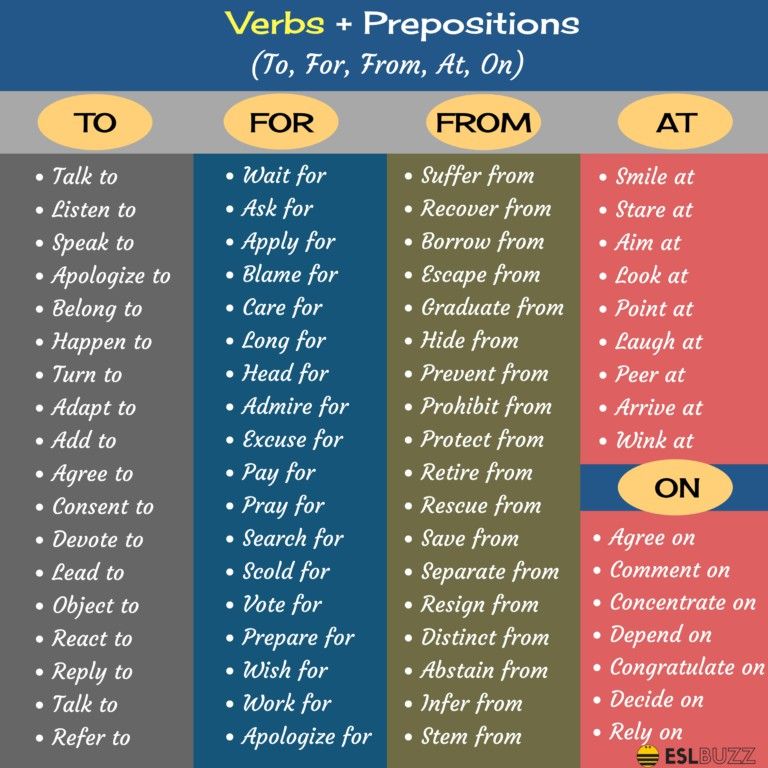
The court explained in which cases it is possible to take away property acquired during marriage even many years after a divorce
The house in question was built during the period of marriage and was legally joint property. There was no dispute about the house. This means that there was no violation of rights by the defendant, the Supreme Court of the Russian Federation emphasized. At the same time, the first wife did not refuse ownership of this house. Therefore, the statute of limitations has not expired in the case. Hence, the conclusions of the appeal about his admission are incorrect.
The Supreme Court noted that in regions in such situations, local courts often considered that the three-year statute of limitations should be calculated from the date of dissolution of the marriage. What is wrong. In such situations, it is important to establish when the ex-spouse became aware of the violation of his rights.
As a result, the Supreme Court of the Russian Federation sent the case for a new trial to the Krasnodar Regional Court.
The Supreme Court clarified the statute of limitations for the division of property
Illustration: Pravo.ru/Petr Kozlov
The couple divorced, but after the divorce they did not share the property. Is there any chance for one of them to sue a common apartment if more than three years have passed since the dissolution of the marriage? Two instances decided that this was unfair, but the Supreme Court made different conclusions. Experts note that the date of divorce in this case does not matter, and explain how to calculate the statute of limitations in such disputes.Divorce without claims
Dmitry and Maria Subbotin* were married. While married, the couple purchased a three-room apartment in Balashikha, registering it as joint property. My wife, under a life annuity agreement, also got a “one-room apartment”. But the couple decided to divorce.
Practice After the divorce, the children stayed with his wife in a three-room apartment, and Maria Subbotina rented a one-room apartment. After the divorce, the ex-husband went to the world court to divide the rights to the disputed property. They shared the cars, but the spouses managed to agree on the use of the apartments without a trial, that is, there was no conflict on this issue. Four years after the divorce, Dmitry Subbotin became aware of the intentions of his ex-wife to sell a one-room apartment. As a result, he went to court to divide it as common property, and leave the “three rubles” for his wife.
After the divorce, the ex-husband went to the world court to divide the rights to the disputed property. They shared the cars, but the spouses managed to agree on the use of the apartments without a trial, that is, there was no conflict on this issue. Four years after the divorce, Dmitry Subbotin became aware of the intentions of his ex-wife to sell a one-room apartment. As a result, he went to court to divide it as common property, and leave the “three rubles” for his wife.
In the first instance, the plaintiff was denied, citing the fact that he missed the limitation period. The court noted that Subbotin learned about the violation of his right in relation to the disputed property in January or February 2014. This is evidenced by the counterclaims filed during the consideration of the divorce dispute on the division of the common property of the spouses, after which the spouses entered into an agreement and divided only the cars. But he filed claims to the court four years after the divorce. The decision stood on appeal.
The decision stood on appeal.
The Supreme Court corrected the error
But the Supreme Court did not agree with the lower colleagues. The Collegium for Civil Disputes, chaired by Judge Igor Yuryev, recalled that the statute of limitations in cases on the division of common property is three years. But it is calculated not from the date of divorce or registration of property rights for one of the spouses, but from the moment when the spouse found out or should have found out about the violation of his right to property (clause 2, article 9 of the Family Code, Plenum of the Supreme Court No. 15 “On the application courts of law when considering cases of divorce).
Practice You have three years to sue and divide the common property after termination. But they are not calculated from the date of divorce. It is necessary to count from the moment when the former spouse should have become aware that his rights to common property are being violated, follows from the court ruling (case No. 4-KG19-19).
4-KG19-19).
The fact that the plaintiff applied to the justice of the peace with a request for the division of the disputed property confirms the existence of such a dispute at the time of filing the claim for divorce, the Supreme Court agrees. But later the problem was removed. Subbotin did not go to court to share the apartments, because he believed that he and his ex-wife used them by mutual agreement, and became worried only after information about the sale of housing. In such a situation, the deadline was not missed, the Supreme Court made a conclusion and sent the case for a new trial to the court of first instance (the results of the trial are not listed on the court’s website).
Three years will not solve the issue
If you wait three years from the date of divorce, then all property will go to the spouse in whose name it is registered - such an opinion is common among the inhabitants. But this is a misconception, family dispute lawyer Elena Ovchinnikova confirms: courts rarely make mistakes in such matters, she believes.
According to Ovchinnikova, other problems often arise in connection with disputes over the division of property. The main ones are three:
- Determining the composition of the property to be divided.
- Possibility of derogation from equality of shares of spouses in the interests of minors.
- Return of property to the joint property of the spouses in case of dishonest behavior of one of them, his attempts to exclude property from the jointly acquired property.
In determining the statute of limitations for claims for the division of property, there is a stable judicial practice based on the rule of law: the period should be calculated from the day when the spouse knew or should have known about the violation of his right to common property, confirms Galina Pavlova, managing partner of Pavlova and Partners Pavlova & Partners federal rating. Group Family and inheritance law Group Bankruptcy (mid market disputes) Group Private equity Company Profile .


